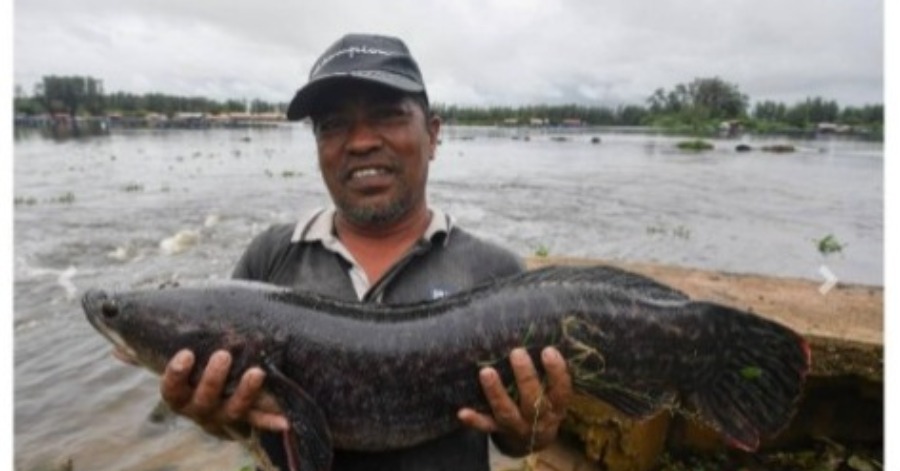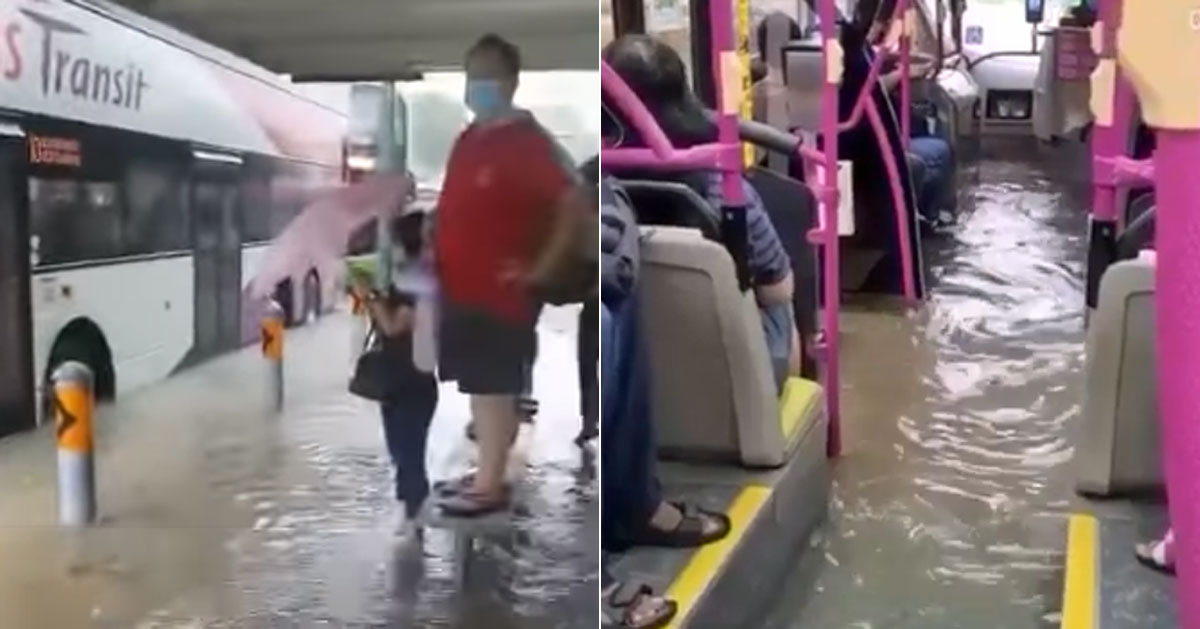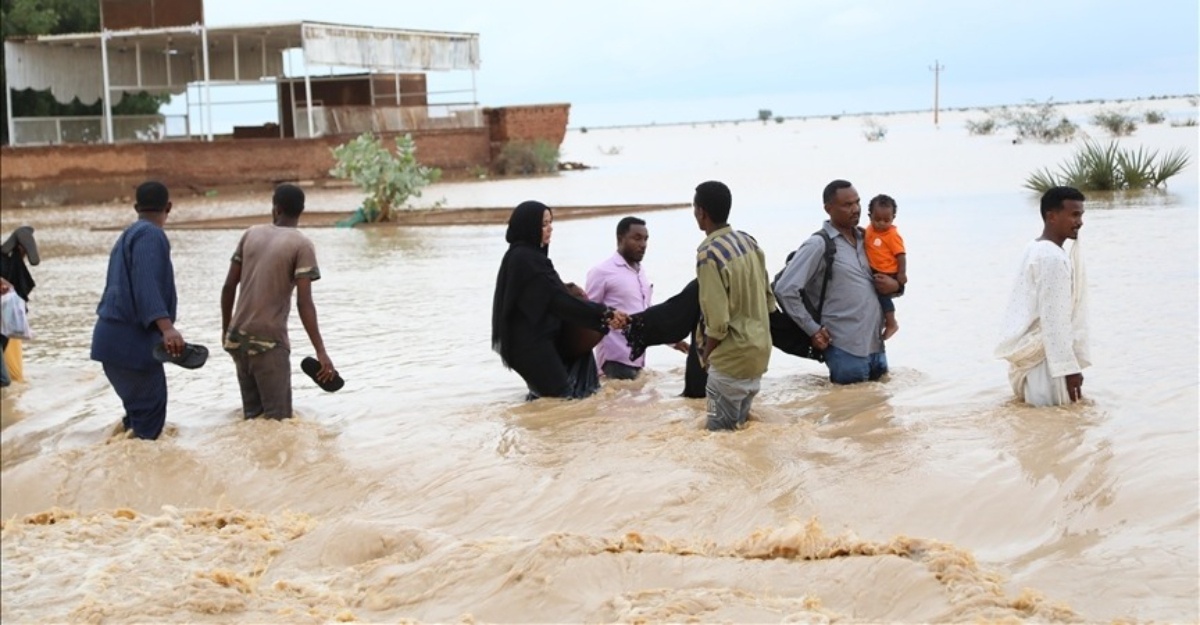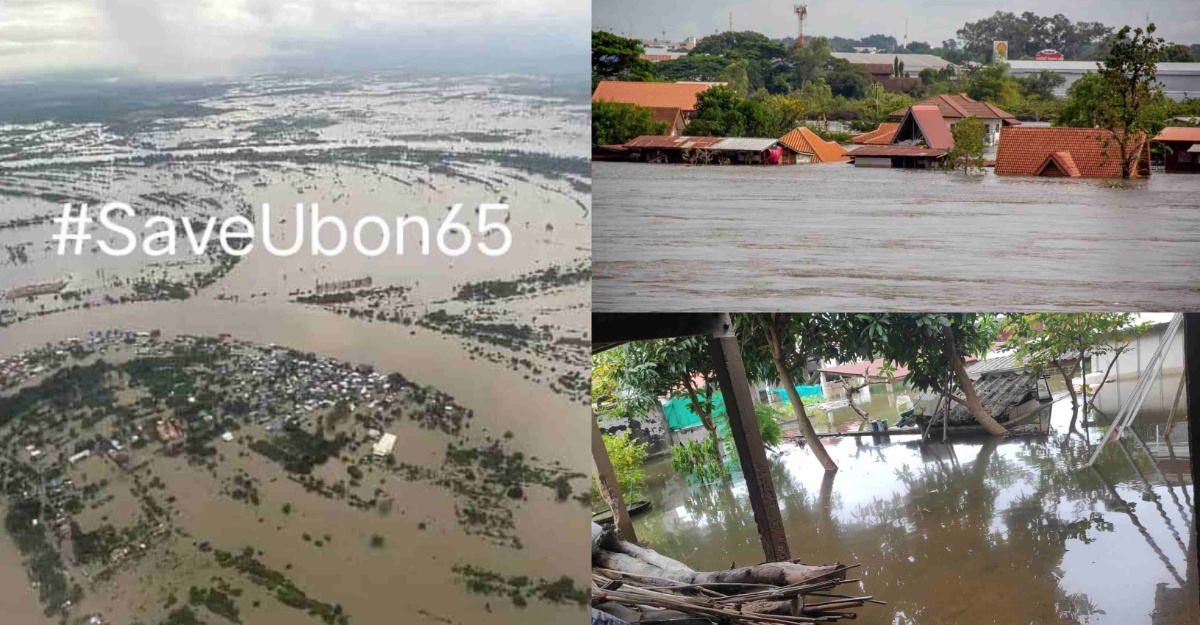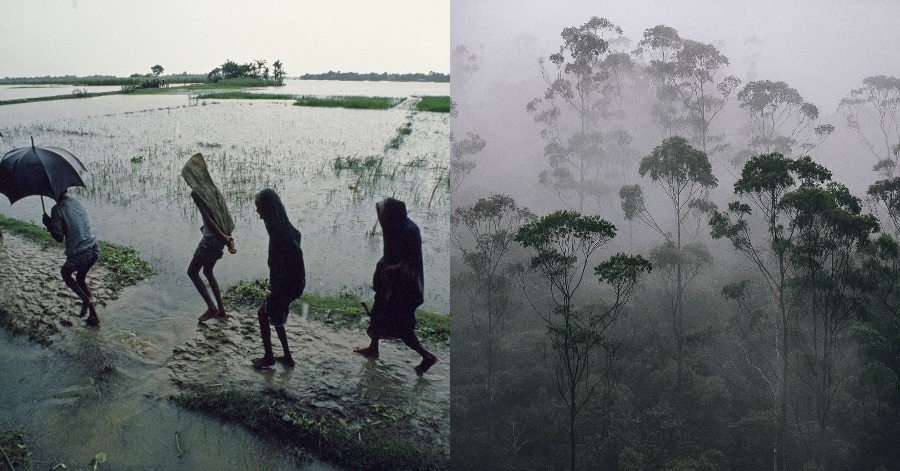In Malaysia, we commonly have monsoon floods and flash floods. As we are gliding through the end of the year, it means the coming of monsoon season. Year by year, we cannot predict the probability of places that will be affected by the flood, predominantly urban areas.
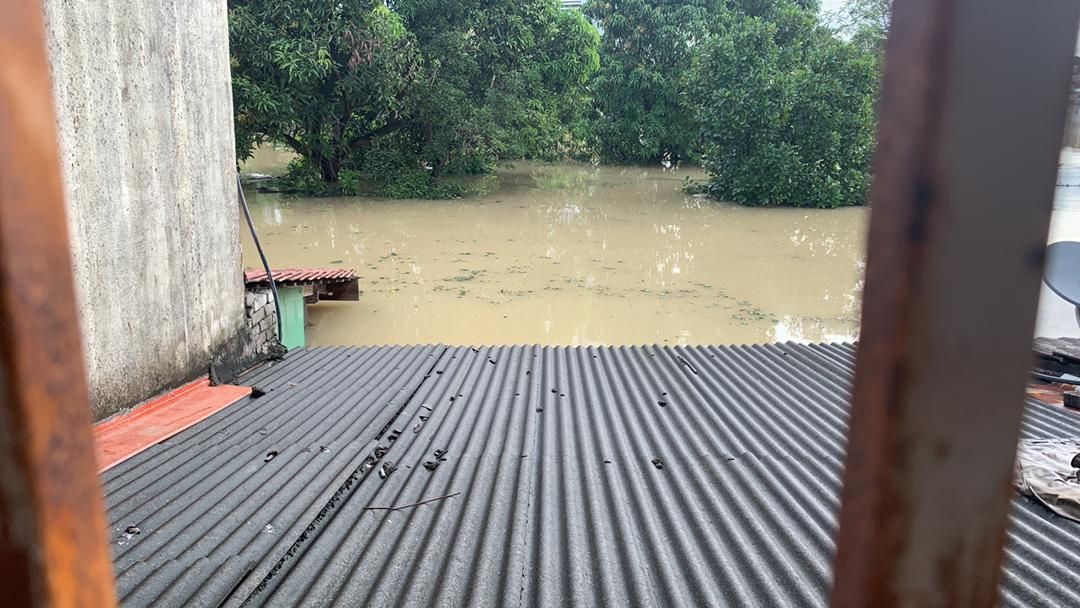
East Coast states such as Kelantan, Pahang, and Terengganu can estimate the expected floods because of the monsoon season. In contrast to the flood situation at Taman Sri Muda, Shah Alam, in 2021, which was genuinely shocking and resulted in the loss of life.
What are Monsoon Flood and Flash Flood?
Monsoon Flood
Monsoon floods usually occur on the east coast in December caused by northeasterly winds blowing over the South China Sea. It simultaneously brings large amounts of moisture. Heavy rain will usually last for at least three days to a week.
Flash Flood
Rain that continues for 3 to 6 hours in dam areas or areas where the drainage is blocked due to garbage disposal (such as drains) will eventually result in flash floods. Flash floods are common in urban areas.
Below are tips before, during, and after facing the monsoon and flash floods as a precaution.
Before the flood
- Ensure you keep your essential document and valuable items in a waterproof and airtight container.
- Keep clean water for daily usages such as cooking and bathing.
- Ensure the ability to ascertain the nearest flood relief and evacuation center.
- Ensure to come up with emergency equipment such as medicines.
- Fully charge the power bank in case there is an unavailability of electricity.
- Always be ready to evacuate the house.
During the flood
- Never returning to your residence without further instruction from the authorities.
- Ensure to be constantly updated on the current situation regarding floods.
- Avoid touching any electrical appliances.
- Never let your children go near the floods that occur in your location.
- Ensure to consume cooked food and water.
After the flood
- Do not reach near any electricity wire that is broken.
- Avoid consuming any exposed food.
- Avoid exposing yourself to the flood to prevent any disease.
- Ensure to check on your septic tank to avoid biological hazards.
- Dispose of every contaminated food, including canned food sinks in flood.
It is best always to take precautions when it comes to floods. Better safe than sorry!
Sources: National Weather Service, Nasa Earth Observatory, MKN.




